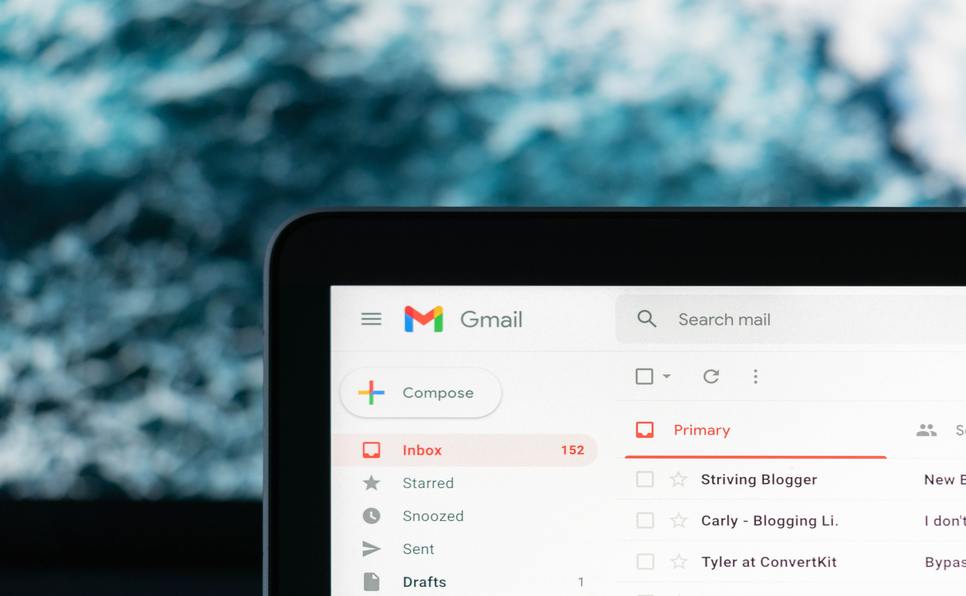Comp titles in query letters are essentially the titles of published books that are similar or comparable to your manuscript. They are designed to help a literary agent get an instant feel for where your book fits in the market. They also help the agent get an understanding of the type of book you’ve written, its genre, its length, and its target audience. Think about that specific recognition you feel when you think of a certain book, or a combination of books. That’s what you’re trying to convey to a literary agent: exactly what your book is all about.
Why are query titles in comp letters important?
Because a literary agent will only sign you if they think they can sell your book, and comp titles in query letters can help indicate sales potential. It’s not enough for them to love your writing. While a query letter has one purpose—to get an agent to request to read more materials—they won’t request if a) they don’t like or relate to your comp titles, or b) if you don’t include them.
Should you always include comp titles in query letters?
Yes, always (unless they are bad, in which case, choose better ones). Otherwise, you’re as good as saying that your book is like nothing they’ve ever seen before. This simply isn’t true! All writers are influenced by something, and all new works—however original—have literary references.
How do you choose comp titles?
Consider similarities and differences. You want to show how your book is similar to a popular book with great sales, but also unique enough to garner its own audience. It’s all about that perfect mash-up; a blend that instantly captures what you’ve created. Think about these phrases: “It’s like x with a little bit of y thrown in…” or “It’s x meets y…” or “If you like x, you’ll like y.” What are your x and y books? Why are they similar? And how are they different? What is it about the way that they can be combined that could be potentially intriguing? What is the balance or sweet spot between the books? There’s no right answer, since every project is singular. What you’re trying to capture is that unique combination.
How many comp titles should you include in your query letter?
Two or three. Any more than this and it’s too overwhelming, and any fewer than two doesn’t result in that special blend we discussed earlier.
Why do literary agents care about comp titles?
Apart from the obvious, it demonstrates that you read voraciously in your genre, or have put the thought into where you see your future book sitting on the shelves, or how it could potentially be marketed. It shows you understand your audience, and that are looking to attract readers who have read similar books.
Comp titles to avoid
Just like the overall tone of your query letter, you need to carefully weigh up pride and humility. Never say that your book is the next Harry Potter or It Starts With Us or Twilight. Not only are all of these examples total publishing flukes, they are all books of their time, of their moment, in their zeitgeist. Nobody can predict a fluke global phenomenon—not even publishers. Saying “My book is the next…” is nonsense. Do you have a crystal ball? Worse, it could seem like you’ve written a manuscript to speak to a certain trend, which is just a silly move since publishing moves so slowly and is unpredictable.
Consider recency bias
It’s best to include comp titles in query letters that are within the past ten years; preferably, five. Recency bias is real, and literary agents will want to see book titles that have had their recent moment on the shelves. However, don’t include books that aren’t out yet (no sales figures), or books that are so obscure that nobody will have heard of them. You can also use classics if they help immediately paint a picture of the manuscript’s plot, theme, or setting (Jane Eyre comes up a lot in query letters to highlight the madwoman in the attic angle,) but make sure you pair them with something more contemporary.
Consider genre
While your cross-genre take on Bridgerton meets Educated might sound fresh and unique to your ears, it’ll just leave an agent scratching their head. Is it historical fiction or memoir? Is it set in nineteenth-century London, or rural Idaho? What is it? You need cohesion across genres, or at the very least, some connective tissue. This is especially true when you’re writing in a very specific niche, such as YA fantasy. Know your comps, and keep them on point.
Can you include TV shows and movies?
Yes, absolutely. You can even use board games, podcasts, or cultural references (it’s Cards Against Humanity meets Wolf of Wall Street). But don’t only use these; there should be at least one book in there, too. And don’t just use authors’ names, especially those who’ve written multiple books. Telling an agent your book is comparable to the collective works of Hemingway makes it sound like a) your work is too broad and ubiquitous, and b) you are arrogant.
How do you know if you’re using the right comp titles?
Do your comp titles help increase understanding of what your story is all about? Do they add background and context? Do they make a person who has never read your work want to read more? Then they’re working.
Where do you include comp titles?
Your meta data paragraph is where you should include your genre, book title, word count, and your comp titles. This paragraph goes below your two-three paragraph summary, and above your query letter author bio. It’s a weird query letter formatting thing, but ensure you use ALL CAPS for your comp titles in query letters.
How to find comp titles
Still struggling? There are a bunch of ways you can find comp titles. Search Amazon and Goodreads. Look at the recommended reading or “You might also like” sections below your favorite books. Ask your reading group, writing group, bookstore staff, and librarians. Scour best-of lists and break-out debuts. Look up these books’ sales figures and ratings. But the best way of all? Read. Read books in your genre and beyond. Read contemporary and classic books. Read books you think you’ll like, and those you think you’ll hate. The wider your literary landscape, the more likely you are to come up with the perfect comps. Remember, you are the best person to talk about what your story’s about. You know your book best, so you are the only person who can come up with your comps. Embrace the process, and let other authors’ work support your story.
Do comp titles in query letters matter, really?
Absolutely. You’ll be surprised how many literary agents who sign clients then go on to use comp titles in query letters in their pitch letters to editors, and then how many editors use those very same comps when they go out to booksellers and the broader market. So much of your original query letter content can end up going further than you expected. Don’t do yourself a disservice by omitting this crucial element of a query letter.
Recommended reading
Here at Aspiring Author, we love recommending bestsellers and fawning over hot new releases. On this real time recommended reading list, you will find a list of top rated books on the publishing industry, craft, and other books to help you elevate your writing career.









